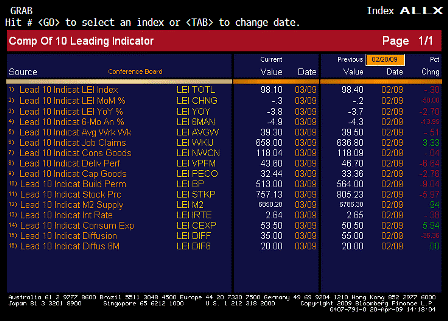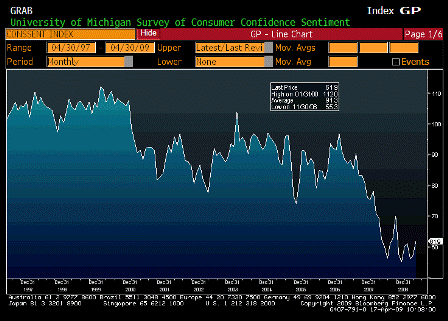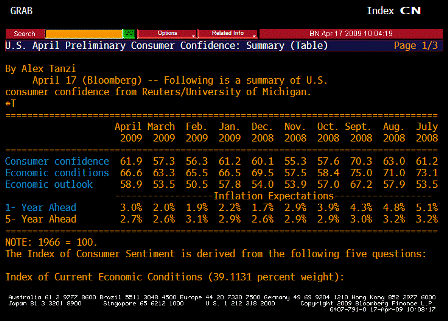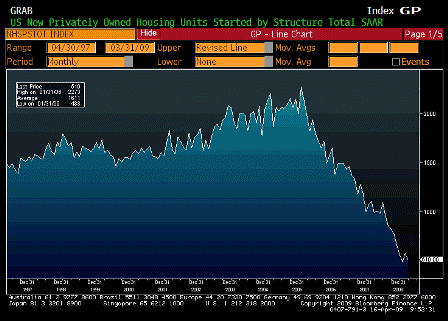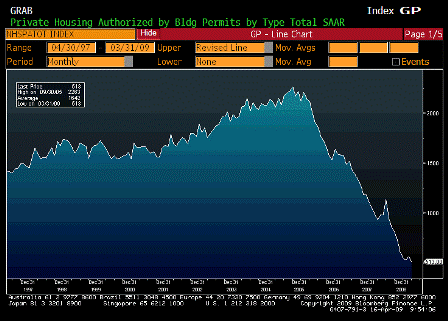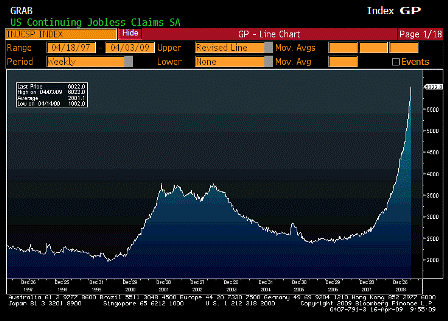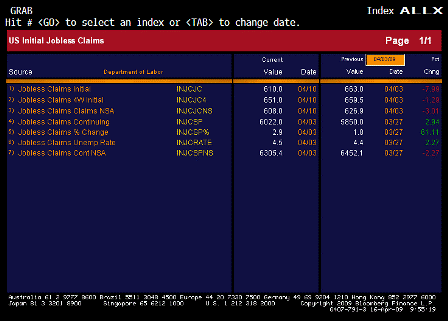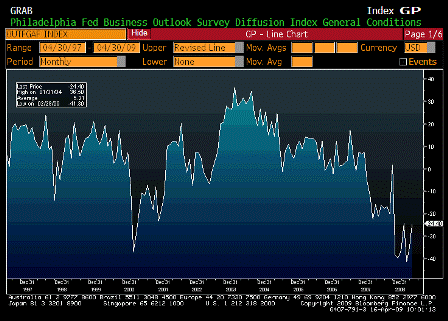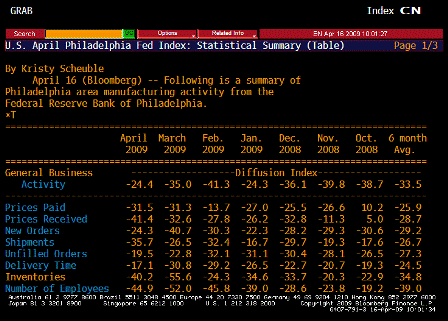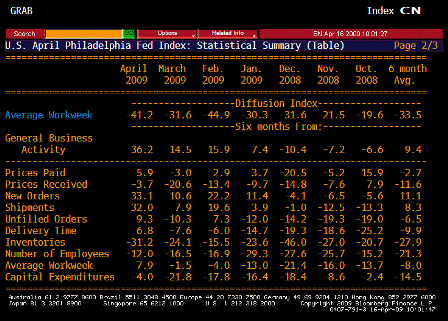Looking like they are diversifying a bit away from financial reserves:
China to Boost Commodity Stockpiling Storage Capacity
by John Duce
Apr 19 (Bloomberg) — China will give priority to boosting its storage capacity for resources such as oil and grains to ensure supply and smooth price volatility, a senior government official said.
China is also likely to further ease state controls on oil prices to reflect the market value of the fuel and encourage energy saving, said Zhang Xiaoqiang, vice chairman of the National Development and Reform Commission.
“We need to improve and strengthen our permanent commodity storage,†said Zhang at the Boao meeting of business and political leaders in southern China. “We should also deepen our reform of the oil price system,†he said.
China, the world’s largest consumer of commodities, said March 31 that it will carry out an audit of its grain and soybean stockpiles. The results of the survey will not be made public, according to a joint statement issued by 10 ministries and state agencies. Emergency reserves of oil will be built to store up to 100 days of demand, the head of the National Energy Administration said this month.
Speculation in commodity markets drove up prices in recent months, said Zhang. Boosting reserves would help ensure supply at reasonable prices, he said, without giving details of the likely scale of increases in stockpiling capacity.
“We also need to develop the commercial-sector storage capacity, so we can have a joint effort here,†he said.
Oil prices are controlled by the government to limit their contribution to inflation. The government introduced a pricing mechanism last December which ensures a profit margin for refiners and reflects the market price for crude oil.
[top]





